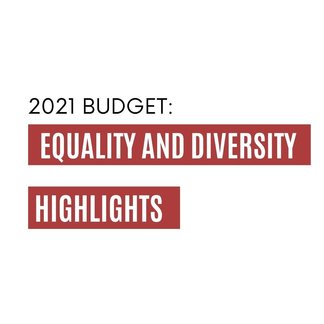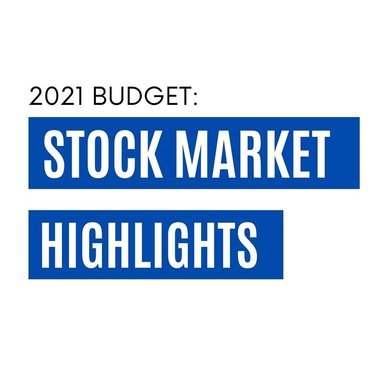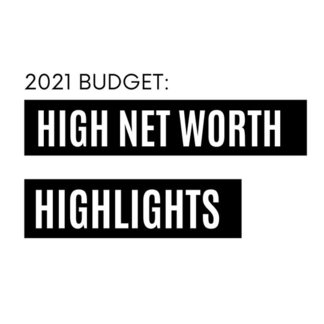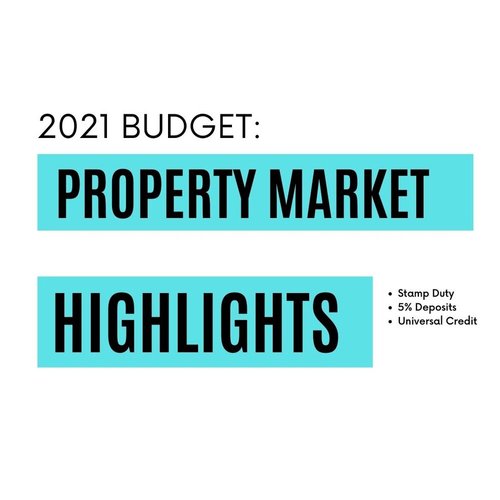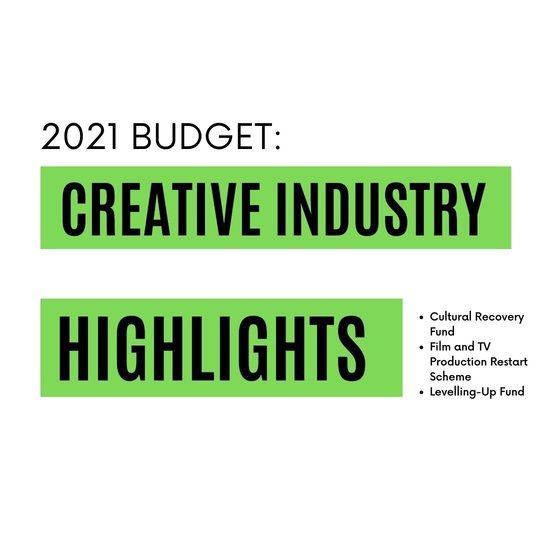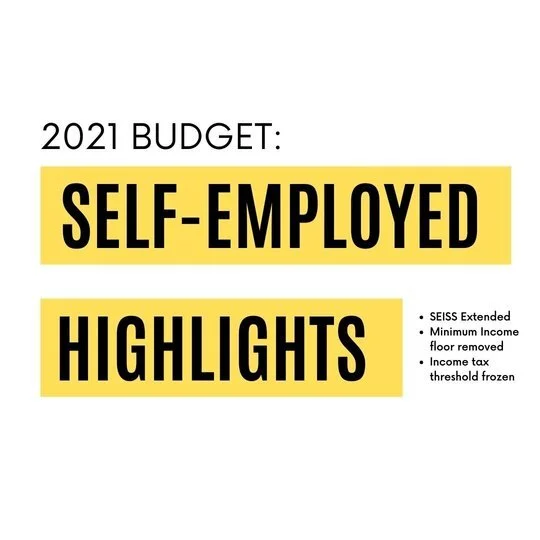When considering becoming a landlord it is extremely important to consider the costs it will demand, both monetary and in time. This will allow you to way up the benefits and setbacks, to see if the potential income after expense (profit) is worth it. We have summarised the main monetary expenses all landlords will most likely entail.
Income Tax
Varies depending on income and expenses
Income Tax must be paid on any profit made by a landlord. There is however expenses and reliefs that can be claimed to minimise the tax owed. Contact us for advice on minimising tax owed as a landlord.
Letting management fees
Varies case by case
62% of landlords surveyed report that they find management fees too high and 48% have opted out of using a management company as a result. Letting Agent Management companies typically take between 8-14% of rental income.
For example, if a property was rent out for £832.25 per month, at an 11% a management company would take £1098.57 per month. This is of course claimable against tax.
Mortgage interest
Varies case by case
Depending on the mortgage agreement, there are different levels of interest rates a landlord must claim. As of April 2020, landlords have not been allowed to deduct any mortgage expenses from their tax owed. Instead, landlords can only receive a tax credit, based on 20% of mortgage interest payments.
Utility Bills
Rare
Generally, tenants are responsible for paying bills. However, some offer to offer to pay bills as part of the deal. The cost of this is typically included in the rent.
Maintenance and Repairs
Varies year on year
The cost of maintenance and repairs varies massively year on year. If excessive damage is done to the property by a tenant this is usually paid by the tenant. Some landlords also opt to claim repairs on insurance.
Costs of repairs and maintenance incurred are claimable against tax. Contact us for expert tax advice on what can be claimed against tax. We are an expert accountant for landlords and property developers.
Landlords insurance
Varies case by case
Landlord building insurance is not legally mandatory, however, is often regarded as extremely important. The legal coverage often included can cover the costs of eviction.
Landlord License
£500 every 5 years
The Selective Landlord Licencing scheme was introduced to address the impact of poor quality private landlords and reduce levels of antisocial behaviour.
Tenant Acquisition
£50- 8% of annual rental income
Most landlords will endure the initial cost of acquiring a tenant. This is the cost online letting agents and high street agents charge to find a tenant for the property.
The cost will only occur when you have to change tenant- typically once a year.
Empty/Void Periods
It can be an expensive having periods where tenants are not living in a property, as the landlord has to cover all of the ongoing costs that a tenants rent will typically cover.
EPC (Energy Performance Certificate)
£65 every 10 years.
In 2018, the government introduced minimum energy efficiency standards legislation that said property cannot be let-out unless it qualifies to a set standard on the EPC. So although this is only £65 every ten years- there could potentially be some initially resulting expenses to increase the energy rating of a property.
Electrical Safety Inspection/ Report
£199 every 5 years
In 2020, the government made it mandatory for all landlords to get an Electrical Installation Condition Report (EICR) in order to ensure a national standard for electrical safety is met. Again, although this is only £199 every 5 years, there could potentially be some resulting expenses initially to ensure the property reached national standards.
Gas Safety Certificate
£45 per year
If the property being let out has any gas appliances it must pass Gas safety checks each year.
Smoke and Carbon Monoxide Alarms
£30 on average every 10 years
In October 2015 it became mandatory for Carbon Monoxide (CO) Detectors and Smoke alarms to be installed on each floor of a property (for CO detectors they only have to be fitted on a floor where there is a solid-fuel burning appliance).
Smoke and Carbon Monoxide alarms are relatively inexpensive, the average property will cost £30 for 2 smoke alarms and 1 CO detector. A smoke alarm will usually need to be replaced every 10 years, alongside standard inexpensive maintenance steps. A CO detector typically lasts between 5 and 7 years.
Boiler Servicing
£50 a year
It is recommended that boilers are serviced once a year. This is to avoid larger costs in the long-term and ensure optimum standards and efficiency throughout the flat
Electrics Servicing
£50 every 5 years
It is recommended that electrics are serviced every 5 years. This is to avoid larger costs in the long-term and ensure optimum standards and efficiency throughout the flat.
ICO Registration
£40 per year
Under the Data Protection Act, individual and organisations that process personal information need to register with the Information Commissioner’s Office.
Leaseholds
Varies case by case
Leaseholds are particularly common in flats. However, leasehold does come with both short-term and long-term costs such as service charge and the eventual charge to extend a lease (depending on how long the initial leasehold term is).
Capital Gains Tax
Capital Gains Tax is paid on the value an asset gains in value over time. When landlords sell a property that has accrued in value a capital tax payment must be paid on the gained value. The capital gains tax percentages for the relevant tax year is also important to consider if when selling a property. The lower the Capital Tax Rate the more profit a landlord will make when selling a property.
Other areas that influence expenses for landlords
Size of property
Larger properties cost much more to run. There is more to break, the expense of running while a tenant is not in the property is higher and generally higher charges for everything
The age of the property
Generally speaking, older properties cost more to maintain and restore. For instance, if old systems have been installed boilers, heating systems and electrics may need to be replaced. These are all some of the most expensive costs that can be incurred to maintain a property.
Furnished properties
Furnished properties generally rent out for more than unfurnished properties, however, this increase in gross income often does not cover the cost to maintain and replace the furniture that is damaged by tenants. This cost can be claimed against tax, but also can take more time to manage.
Pets
With the UK pet population growing every year, letting tenants have pets is a definite consideration for landlords. Pets can occasionally cause damage to property. However, landlords often limit against this by charging an additional rent for pets.
Smokers
A controversial topic, however, many landlords do report letting to smokers can add to repair costs. Smoke can cause damage to furniture and the cost of redecorating overall.



















